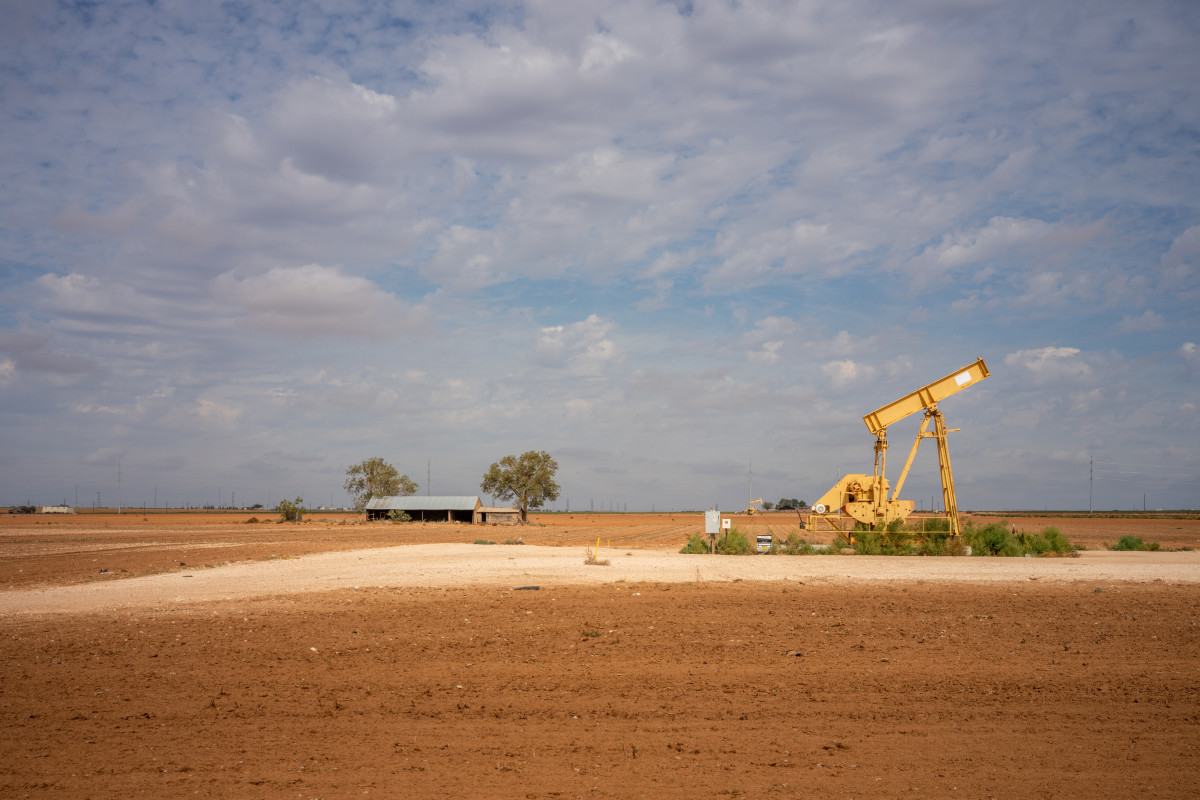
Oil prices were climbing Friday amid growing tensions in the Middle East driven by the ongoing Israel-Hamas war.
West Texas Intermediate was up 1.4% percent to $90.60 a barrel, while Brent crude jumped 1.3% to $93.57.
In the latest developments, a U.S. Navy warship shot down missiles appearing to head toward Israel Thursday and American bases in Iraq and Syria were repeatedly targeted by drone attacks, the Associated Press reported.
A U.S. official said there had been a rocket attack early Friday morning on U.S. and coalition forces at a diplomatic support center near the Baghdad International Airport.
Initial assessments indicated two rockets were fired, the official said, noting that one was intercepted by a counter-rocket system and the other struck an empty storage facility.
Related: Bond market meltdown: Markets are in turmoil, just don't call it a bubble
President Joe Biden pledged unwavering support for Israel’s security “today and always” on Oct. 19 during a primetime address, while adding that the world “can’t ignore the humanity of innocent Palestinians” in the besieged Gaza Strip.
The rash of violence comes in the wake of a deadly explosion at a Gaza hospital, triggering protests in a number of Muslim nations. Israel has denied responsibility for the al-Ahli hospital blast and the U.S. has said its intelligence assessment found that Tel Aviv was not to blame.
Meanwhile, Israeli Defense Minister Yoav Gallant told troops gathered at the Gaza border that they would soon see the Palestinian enclave "from inside", suggesting an expected ground invasion could be nearing.
"We are still very much in flux and the potential to escalate, particularly from the Arab world, is an issue," John Kilduff, partner at Again Capital LLC in New York, told Reuters.
Bjarne Schieldrop, the chief commodity analyst at the Nordic financial services group SEB, told the Guardian that "the fear is that the conflict might spiral out of control and eventually lead to real loss of supply, with Iran being most at risk.”
According to Schieldrop, geopolitical risk premiums of the sort seen in recent days tend to be short-lived unless actual supply disruptions occur.







